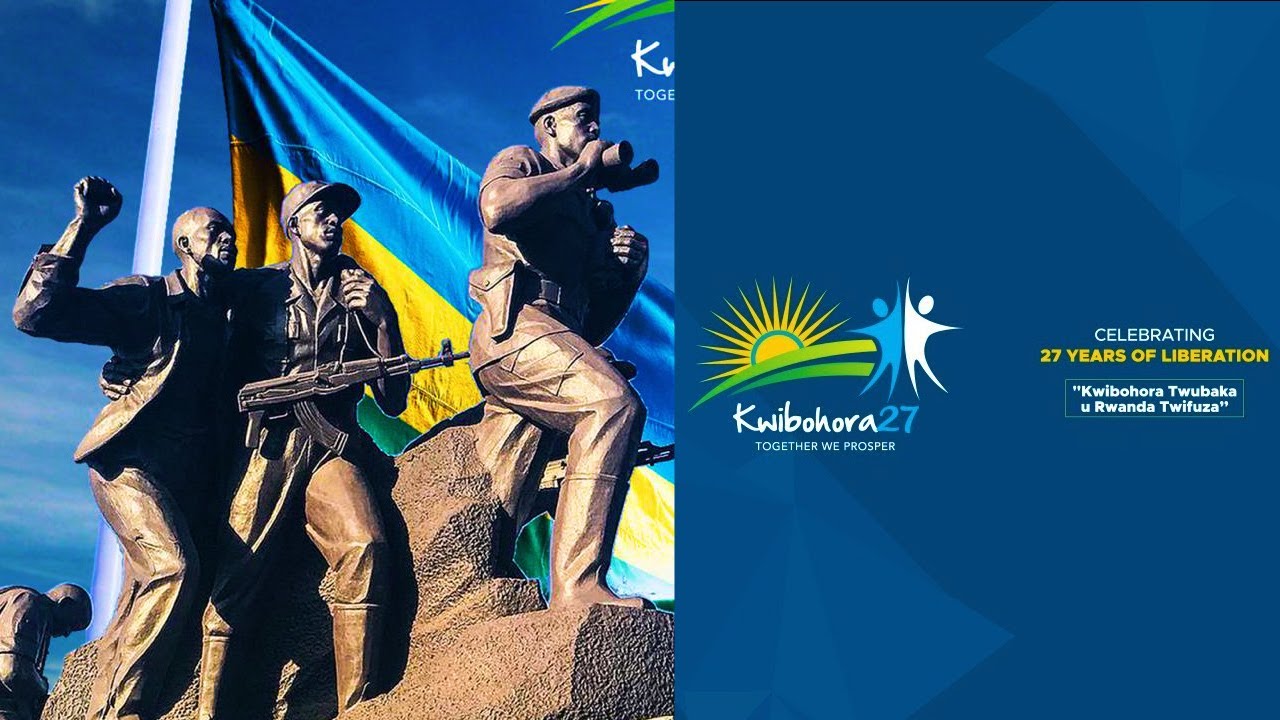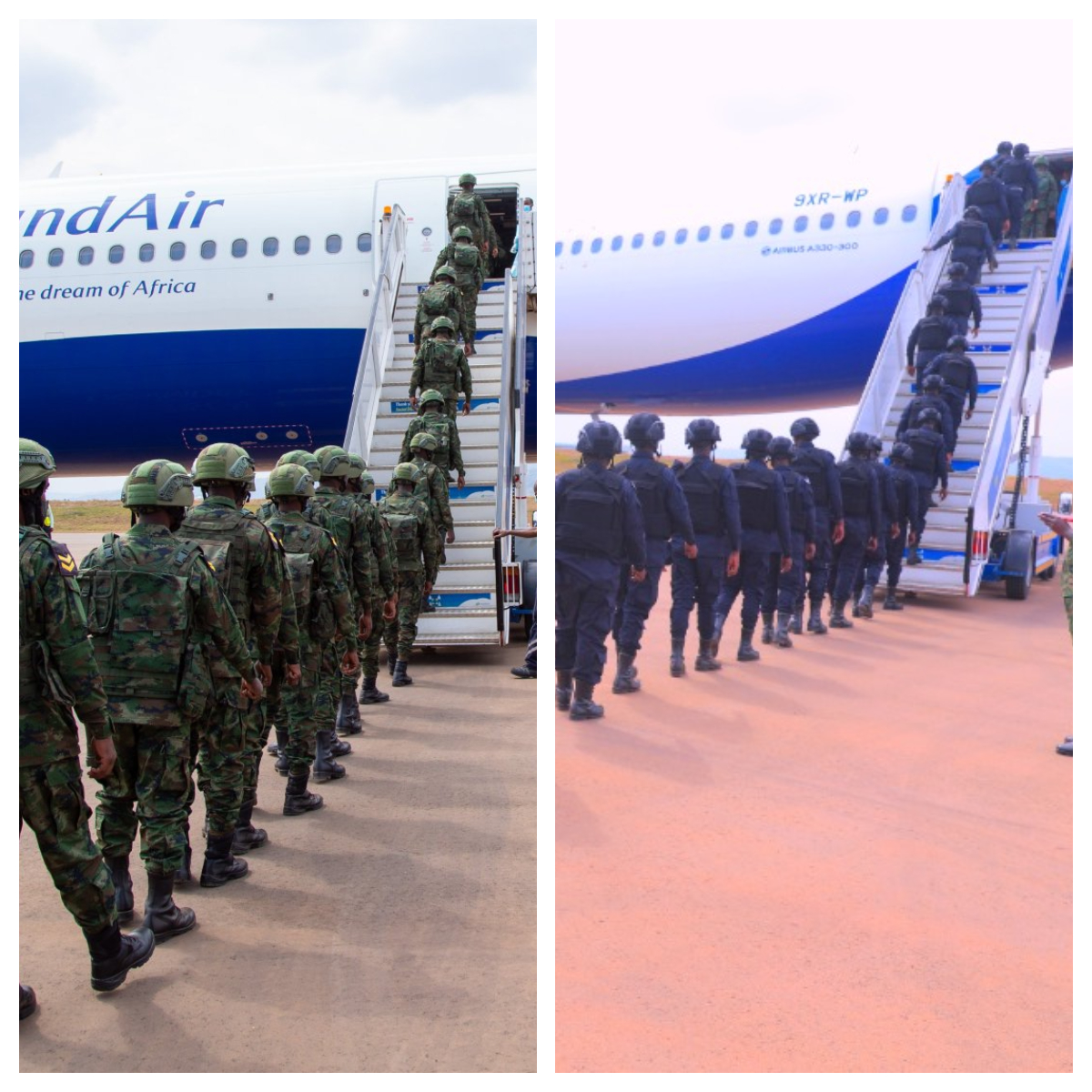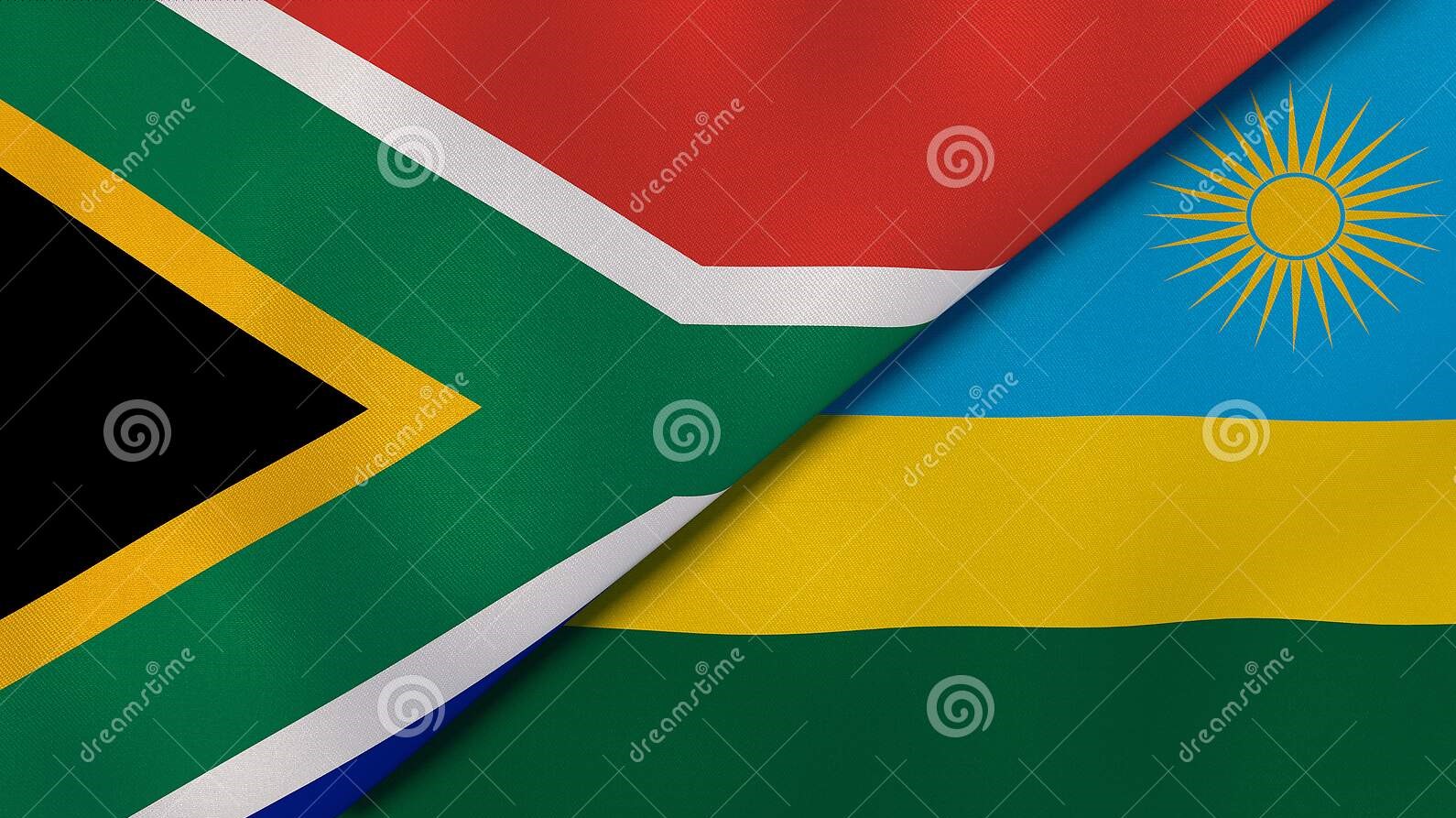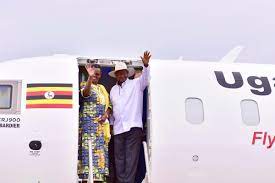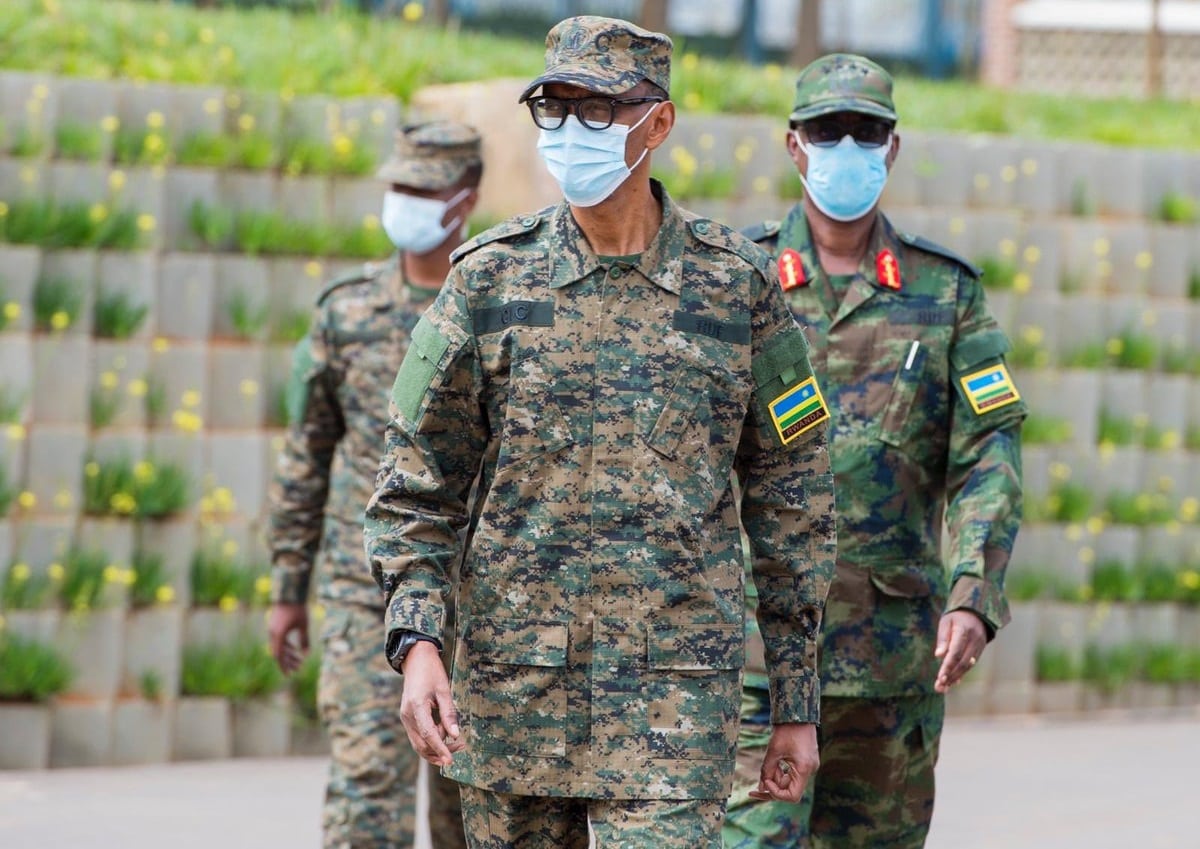Regional
Rwanda deployment in Mozambique exposes Africa’s weaknesses in terror fight
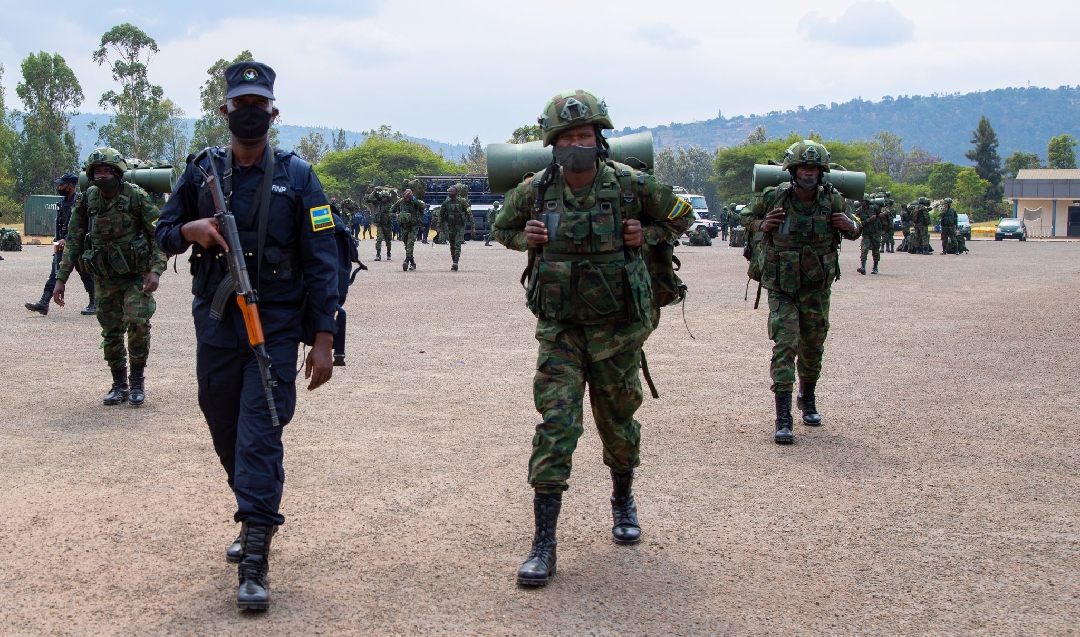
After
Rwanda deployed 1,000 soldiers to help Mozambique fight terrorism in its Northern
Province of Cabo Delgado, a South African newspaper, Daily Maverick, ran a
story by Peter Fabricius, on July 11, titled: “Rwanda’s deployment of forces
into Mozambique irks SADC.”
The story quoted South African Defence Minister Nosiviwe Mapisa-Nqakula, in an interview with SABC, saying it was “unfortunate” that Rwanda deployed its troops into Mozambique before SADC because it was expected that Rwanda would have gone in under a SADC mandate. She said SADC did not have any control over the timing of the Rwandan deployment as this had been agreed between Rwanda and Mozambique.
From
the statement by the South African Defence Minister, one can conclude that the
minister looked at Rwanda’s deployment as a disruption rather than support of
the SADC arrangement since Rwanda is not a member of the latter bloc. In other
words, it can also be reasoned that the terrorists in Mozambique belong to SADC
and therefore, only SADC has the priority to fight them before any other
country comes in.
The first challenge to African countries’ ability to fight terrorism and other forms of insecurity is how to overcome identification by regional belonging. For the African continent to come up stronger and united, regional blocs such as SADC, EAC, ECOWAS must support and complement each other rather than relate as competitors. Terrorism does not belong solely to any one of the regions. It is a security threat not only to the African continent but the entire world.
When
Mozambique President Filipe Nyusi convened a SADC meeting in June that agreed
on troops deployment, a red flag had been raised and saving the next life from
terror attacks and imminent death in Cabo Delgado was a matter of urgency.
When
President Nyusi contacted his Rwandan counterpart, President Paul Kagame, the
Rwandan leader acted with the urgency the problem deserved because of the
experience in his own country. Kagame acted as a Commander in Chief giving
support to fellow Africans who were in danger. The time factor was important.
His is the kind African spirit of urgent action that is required to deal with
African challenges.
Breaking bureaucratic barriers
From
the time the SADC agreed to deploy troops, weeks have passed yet the terrorists
have not ceased to attack innocent civilians.
After
overcoming the time factor in troops deployment, there is also a need to break
bureaucratic barriers. It is
unimaginable that countries need days and weeks to decide on who is a military
General and which country will provide the Commander of the intervention force
in Mozambique. While countries engage in bureaucratic arguments, innocent lives
are being lost.
The continental vision
The
Rwandan troop deployment exposes one big challenge for the armies in different
regional blocs of the continent. There is a need for joint training and
contingency planning for rapid intervention and peacekeeping missions.
Individual countries can put the cost implications in their defence budgets rather
than excuses for lack of funding when need arises. My argument here is that
defence budgets for individual countries should always bear a component of
fighting terrorism and insecurity on the African continent outside national
borders because terrorism affects all countries in equal measure.
There is no country that is immune to terrorism much as there is no country that can fight terrorism alone or in isolation. African countries need to work together, for lasting peace and security to prevail.
Not business as usual
For the African continent to overcome its challenges the modus operandi should be ‘not business as usual.’ When it comes to crossborder challenges like terrorism, this is how Rwanda, which is miles away from SADC, comes in to provide support. The regional blocs should be stepping stones for wider cooperation rather than closing and dividing the African people. It is not the first time Rwanda has disrupted and broken barriers that impede Africa’s growth and development.
On January 1, 2018, Rwanda
started a global free entry for all travellers becoming the first country
in Africa to remove visa restrictions to facilitate easy movement of people and
goods.
In 2017, the African Union
trusted President Kagame to lead the institutional reform process of the top
continental body. The Commission that worked under him established, among
others, inefficient bureaucracy and lack of or delay of implementation of
decisions, which are the same issues that are affecting SADC to quickly and timely
rescue Mozambicans being killed by terrorists. The rapid deployment of Rwandan
troops in Mozambique expresses one of the qualities the AU Heads of State and
government saw in Kagame to give the continent a renewed sense of urgency and
action towards solving Africa’s challenges.
For the present generation to implement the AU Agenda 2063, and build The Africa We Want, there is a compelling need to build mutual trust, cooperation and consensus to develop the African continent that must give pride to the present and future generations. Rwanda’s rapid deployment in Cabo Delgado should be applauded and taken as a lesson of Africa's institutional reform process in action.


